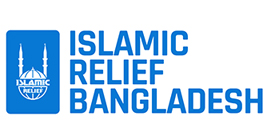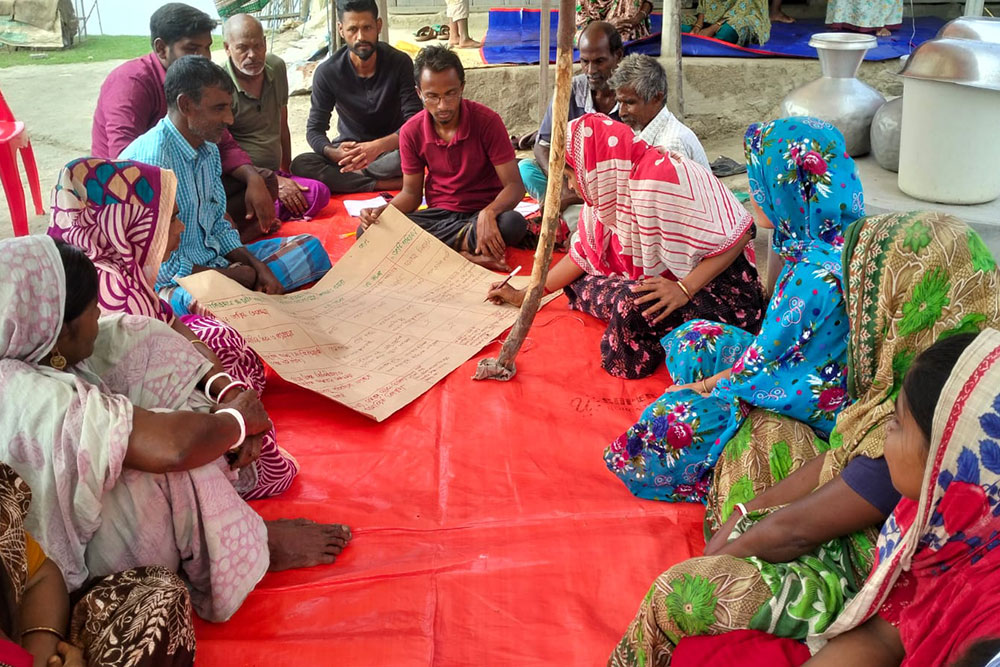Climate change-induced hazards have had a profound impact on communities along the southwest coast of Bangladesh, particularly affecting low-income households, climate-vulnerable areas, and those heavily reliant on natural resources. Urgent action is required to address the destruction of natural resources, physical structures, and development infrastructure resulting from the escalating risks of climate-induced disasters. To effectively adapt and enhance community resilience, sector-specific, location-based adaptation plans are essential.
The implementation of Local Adaptation Plans of Action (LAPA) is crucial to ensuring active community participation and ownership in the adaptation planning process, contributing to the mainstreaming of locally led adaptation efforts. Islamic Relief Bangladesh is actively leading LAPA initiatives in climate-vulnerable areas, including Khulna, Satkhira, Jashore, and Sylhet City Corporation under the project “Scaling up Inclusive Climate Resilience of Vulnerable Communities through Locally led Adaptation (ICRA).”
Collaborative efforts involving community members, including women, youths, Disaster Management Committee members, local elites, and Civil Society Organizations, utilize tools such as Transect walks, Hazard and Resource Maps, Hazard Identification and Prioritization, Seasonal Calendars, and Risk and Vulnerability Matrices. This collective approach effectively maps area-specific hazards, their causes, vulnerabilities, and available resources.
The inclusion of women and persons with disabilities in LAPA not only addresses individual needs but also promotes women’s empowerment and the development of inclusive adaptive solutions.

